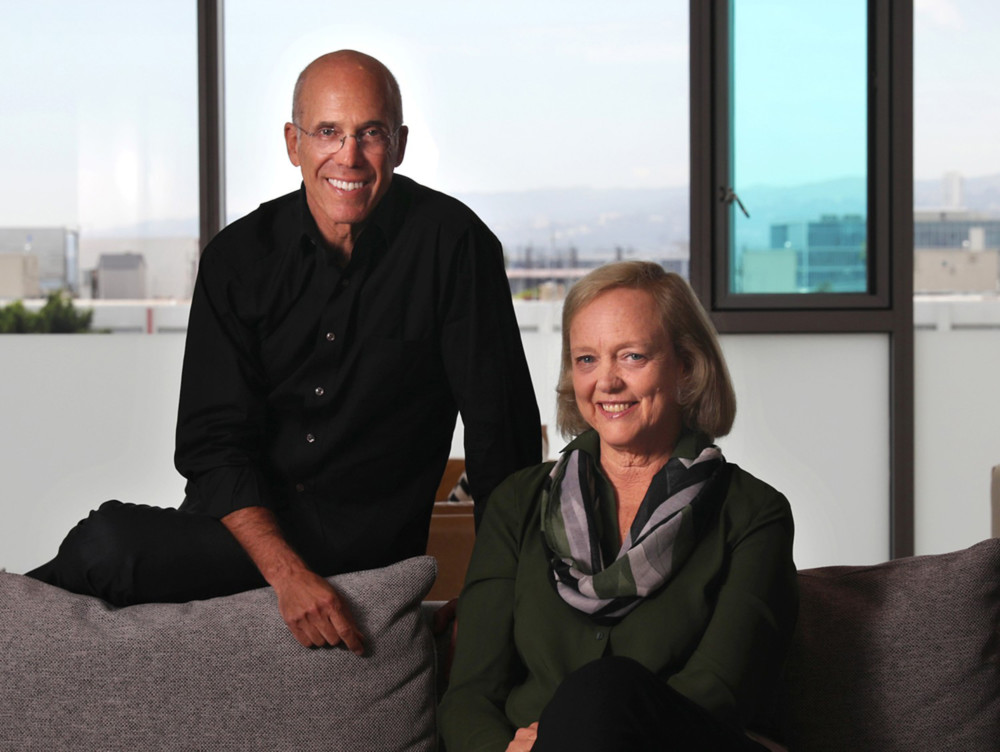By Wendy Lee
Los Angeles Times
WWR Article Summary (tl;dr) Tech veteran Meg Whitman is placing her bet on the potential value of high quality content created for mobile.
Los Angeles Times
In a place known for high-stakes gambling, tech veteran Meg Whitman says she’s feeling even more confident these days about betting on the success of her streaming video start-up Quibi, which launches in April.
Quibi, which had already raised $1 billion, on Wednesday revealed it had attracted another $400 million from investors, which will help pay for content and marketing. The company did not disclose its investors.
“We have a lot of confidence,” Whitman said in an interview during CES, the consumer and electronics show in Las Vegas. “I’m more confident certainly than I was two years ago, now that we have real content on a real app.”
Quibi, which is short for “quick bites” of video, aims to sell subscriptions to millennials and tell stories in bite-sized chapters of less than 10 minutes. Its chairman is studio mogul Jeffrey Katzenberg and its investors include major studios such as Walt Disney Co. and WarnerMedia.
The company also disclosed it is working with Google, using the tech giant’s technology to help ensure Quibi’s video streams are seamless. Quibi also has a partnership with T-Mobile, that will include Quibi as part of the mobile phone company’s offering to customers.
Quibi charges $4.99 for its service with ads and $7.99 a month without ads.
Its videos are an eclectic mix, including long-form narratives distributed in short chapters, reality programs, documentaries and food shows, as well as daily news programs from NBC News that target millennials.
Many people in the industry view Quibi as a gamble.
If it is successful, Quibi could dramatically change the way high-quality productions are distributed. Instead of long feature-length films, Quibi is telling those stories in short chapters, meant to be viewed on mobile phones when people are on the go.
But there is also risk that the company may not succeed. Other companies, including Verizon’s go90 platform, have tried to target premium content to mobile phone users, only to fail when they could not attract a large enough audience for advertisers.
But Quibi believes there will be demand for its service, due to the increase in time people are spending on their mobile phones.
There has been a surge of interest in content made for mobile phones on free platforms like Tik Tok, but those services rely on user-generated content. Quibi is focused on high-quality productions, paying up to $6 million an hour for long-form narrative content.
Whitman believes that if users watch at least three Quibi videos a day, that could be enough to encourage them to stay on the service.
Some analysts have said this could be a challenge since many mobile phone-oriented video streaming services are free.
Quibi executives counter that its content is specifically designed for mobile phones.
Whitman said that while Quibi is not profitable right now, it does have a clear path to profitability.
“We would like to build this company and run it and maybe take it public one day,” Whitman said.
___
Distributed by Tribune Content Agency, LLC.














































































































































































































































































































































































